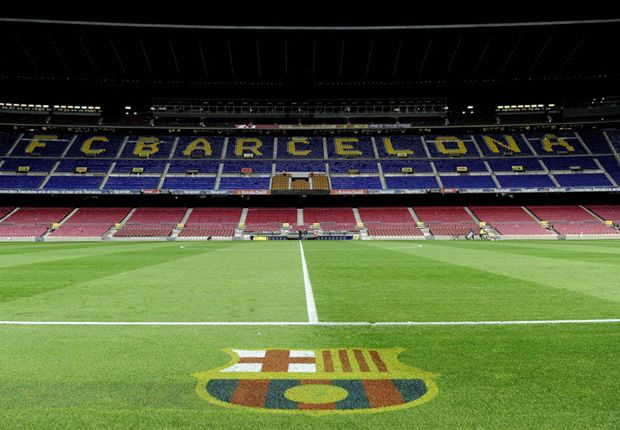It is certainly one of the biggest sporting events ever to be held in Malta. Not to mention that it will be the highest level at which a Maltese national football team - in all categories - would have ever competed. The likes of Cristiano Ronaldo, Cesc Fabregas, and Wayne Rooney have taken their first steps in past editions.
The list of teams competing in the UEFA Under 17 Championship finals being held in Malta between the 9th and the 21st May is complete, and the 2 groups drawn. The so-called 'Elite Round' of qualifiers has already reserved its share of judgments. Among the decisive fixtures, there was an England vs. Italy, a preview of the senior level World Cup match in 2 months' time. For the record, England qualified at the expense of a star-studded Italy following a 2-1 win.
 As host nation, Malta will have the right to join the other 7 finalists in May. We have been drawn to play England, The Netherlands, and Turkey in the group stage. Not an easy task. Not at all.
As host nation, Malta will have the right to join the other 7 finalists in May. We have been drawn to play England, The Netherlands, and Turkey in the group stage. Not an easy task. Not at all.
To get to this stage, these 7 had to go through two successive qualifying stages. Just to get an idea, only once did Malta manage to pass through one - the first qualifying round, in 2010. It was the first Malta side to progress through a round of a UEFA youth competition after obtaining a 2-1 win against The Netherlands (that on its own made history) and a 0-0 draw against Andorra. That team included players who are today playing Premier League football, such as Zach Muscat (Birkirkara) and Sacha Borg (Floriana).
I hope that a sense of perspective is kept when the zealous pundits start fretting to assess Malta's performance. A lot of attention has been given to the group of players lucky enough to make the squad for the tournament, some of which have also made it to clubs overseas. Yet, these kids have a mammoth task in front of them, a task which calls for the maximum support the Maltese public could give them.
The logistical strain on the MFA is huge. The opportunity, however, is unique. The tournament will be shown live on Eurosport and it will be the last one with an eight-team format before the expansion to a 16-nation event in Bulgaria next season. So another occasion to host such a high-profile competition will be rare to come by.
Who will be the stars this time round? Will a future Golden Ball winner be gracing our pitches?
